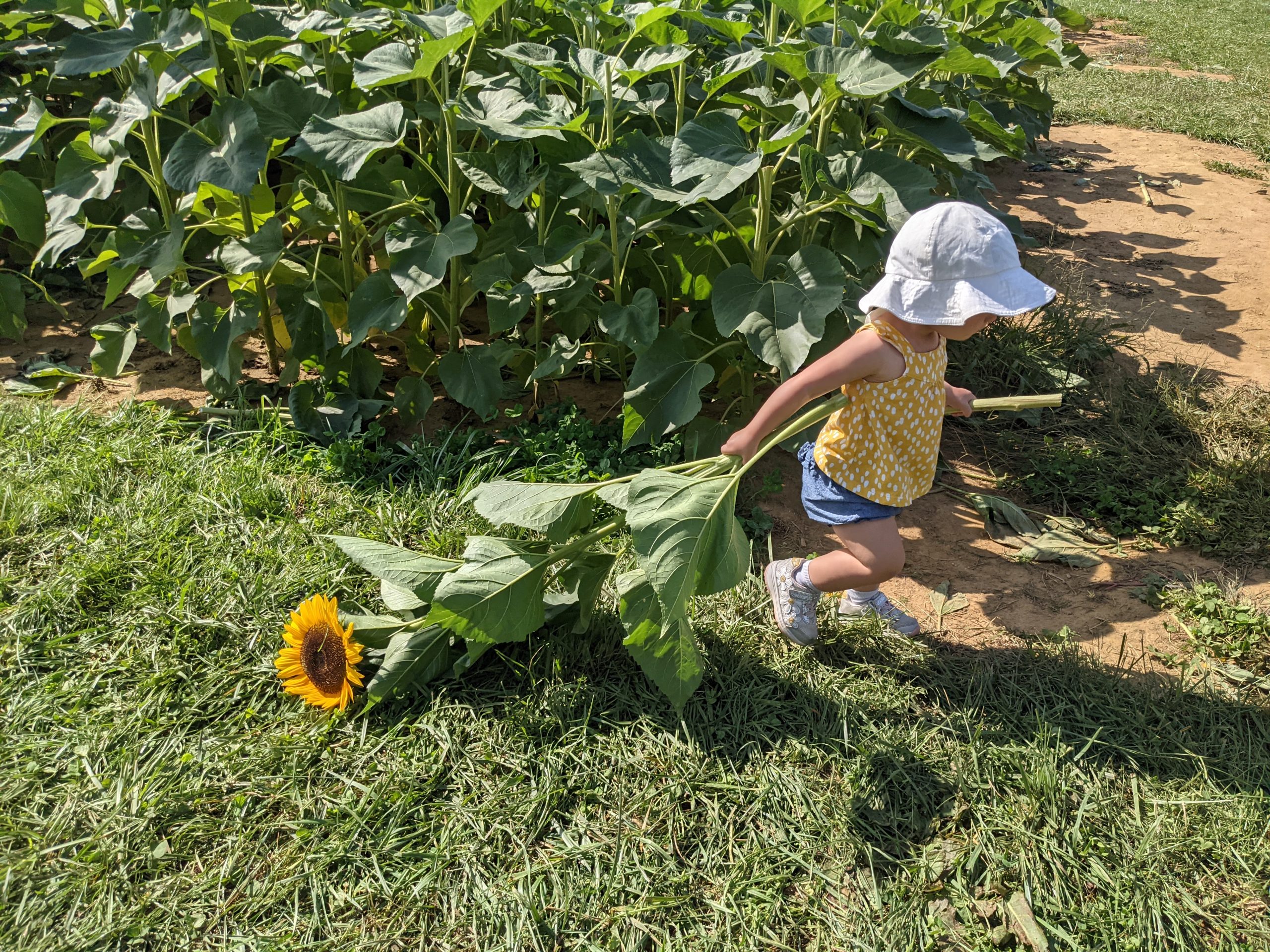Love And Tomatoes
One mama’s journey towards a healthier mind, body, and spirit with the help of a whole lotta love, laughs, and gardening.

A passion for ‘easy wellness’
A non-hardcore approach to becoming the best version of yourself:
feel good, look good, and eat the damn cake.
Garden Planning & Care
Growing delicious, easy, and (mostly) organic crops.
Nutrition & Recipes
Simple, tasty meals, and the latest in nutrition science.
Mind-Body Connection
Feeding your soul and body with the same level of intention.
Non-Toxic Life
Ensuring products are safe.
Fitness Support
How to do it… and how to get to it!
Cleanse & Detox
Remove the bad and support a healthy biome.
A moderately green thumb
Totally novice gardener with an interest in growing delicious, EASY, and (mostly) organic crops.
Garden planning
- Crop layout and companion plants
- When to plant


Garden care
- Tips and tricks for planting
- Tending to the crops
- Harvesting the bounty
“The glory of gardening: hands in the dirt, head in the sun, heart with nature. To nurture a garden is to feed not just the body, but the soul.”
Alfred Austin, poet laureate
Check out our latest posts…
Join 900+ subscribers
Stay in the loop with everything you need to know.